Every man prefers belief to the exercise of judgment
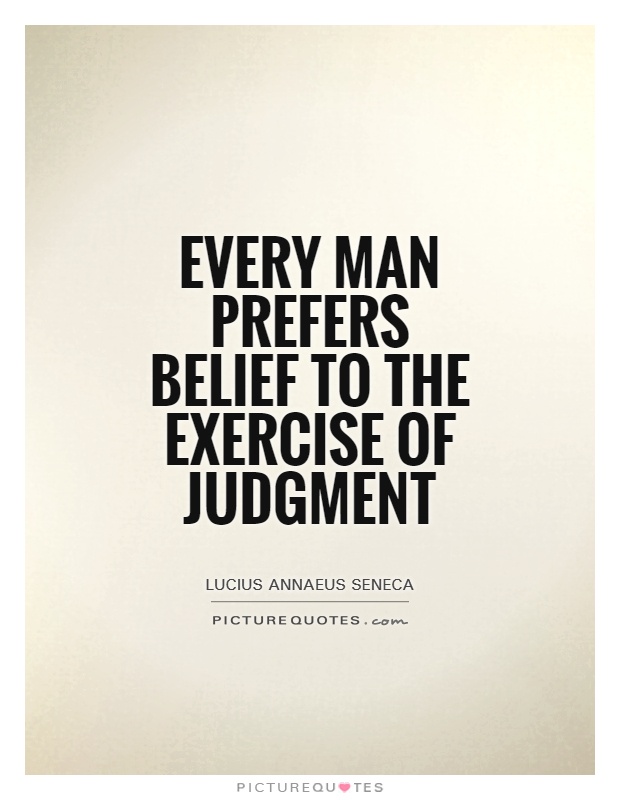
Every man prefers belief to the exercise of judgment
Lucius Annaeus Seneca, a Roman philosopher and statesman, is known for his profound insights into human nature and the pursuit of wisdom. One of his famous quotes is, "Every man prefers belief to the exercise of judgment." This statement reflects Seneca's understanding of the human tendency to rely on faith and tradition rather than critical thinking and rational analysis.In Seneca's view, belief is a more comfortable and convenient option for most people because it requires less effort and uncertainty. When we believe in something, we accept it as true without questioning or examining the evidence. This can provide a sense of security and stability in a world that is often chaotic and unpredictable. By contrast, the exercise of judgment involves careful consideration, weighing of evidence, and making informed decisions based on reason and logic. This can be a challenging and sometimes uncomfortable process that requires us to confront our biases, assumptions, and preconceptions.
Seneca's observation about the preference for belief over judgment is particularly relevant in today's world, where misinformation, fake news, and conspiracy theories abound. Many people are quick to accept and spread information that aligns with their existing beliefs and values, without critically evaluating its accuracy or credibility. This can lead to the perpetuation of myths, stereotypes, and falsehoods that can have harmful consequences for individuals and society as a whole.
Seneca's philosophy encourages us to cultivate the habit of critical thinking and skepticism, to question our beliefs and assumptions, and to seek out evidence and information that challenges our preconceptions. By exercising judgment and reasoning, we can develop a deeper understanding of ourselves and the world around us, and make more informed and ethical choices in our lives.


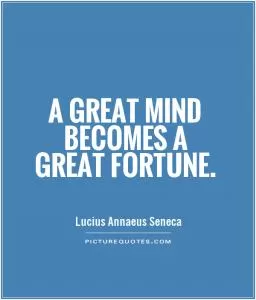
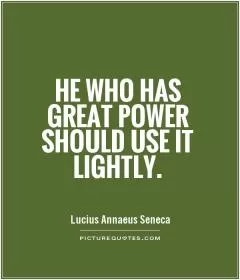
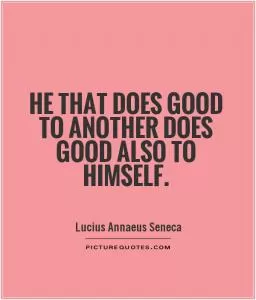
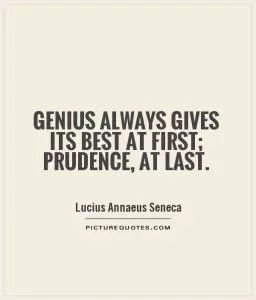
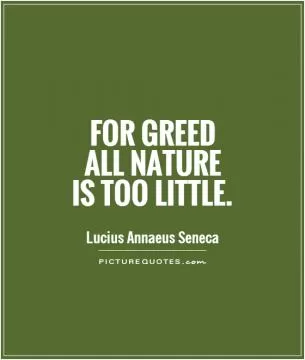





 Friendship Quotes
Friendship Quotes Love Quotes
Love Quotes Life Quotes
Life Quotes Funny Quotes
Funny Quotes Motivational Quotes
Motivational Quotes Inspirational Quotes
Inspirational Quotes